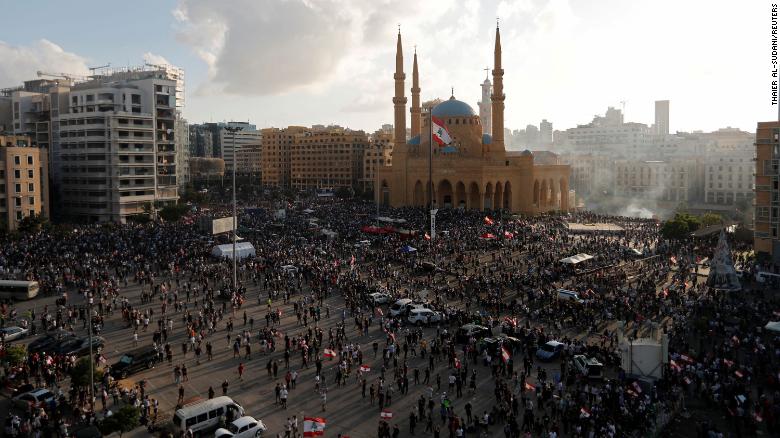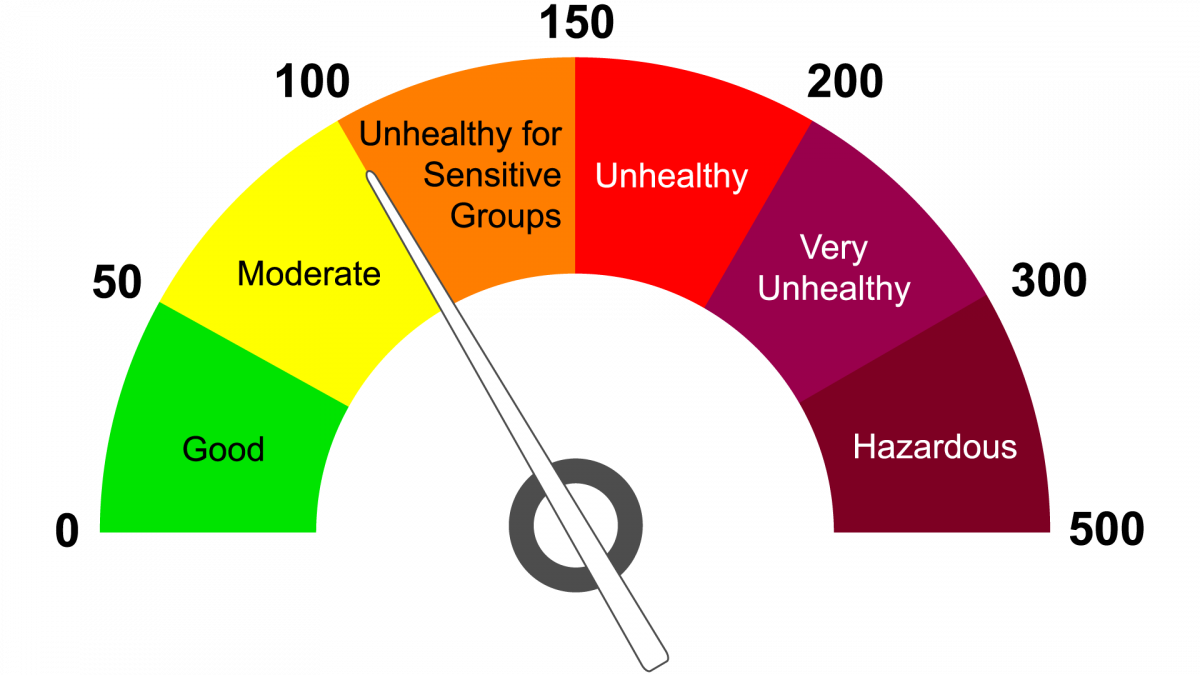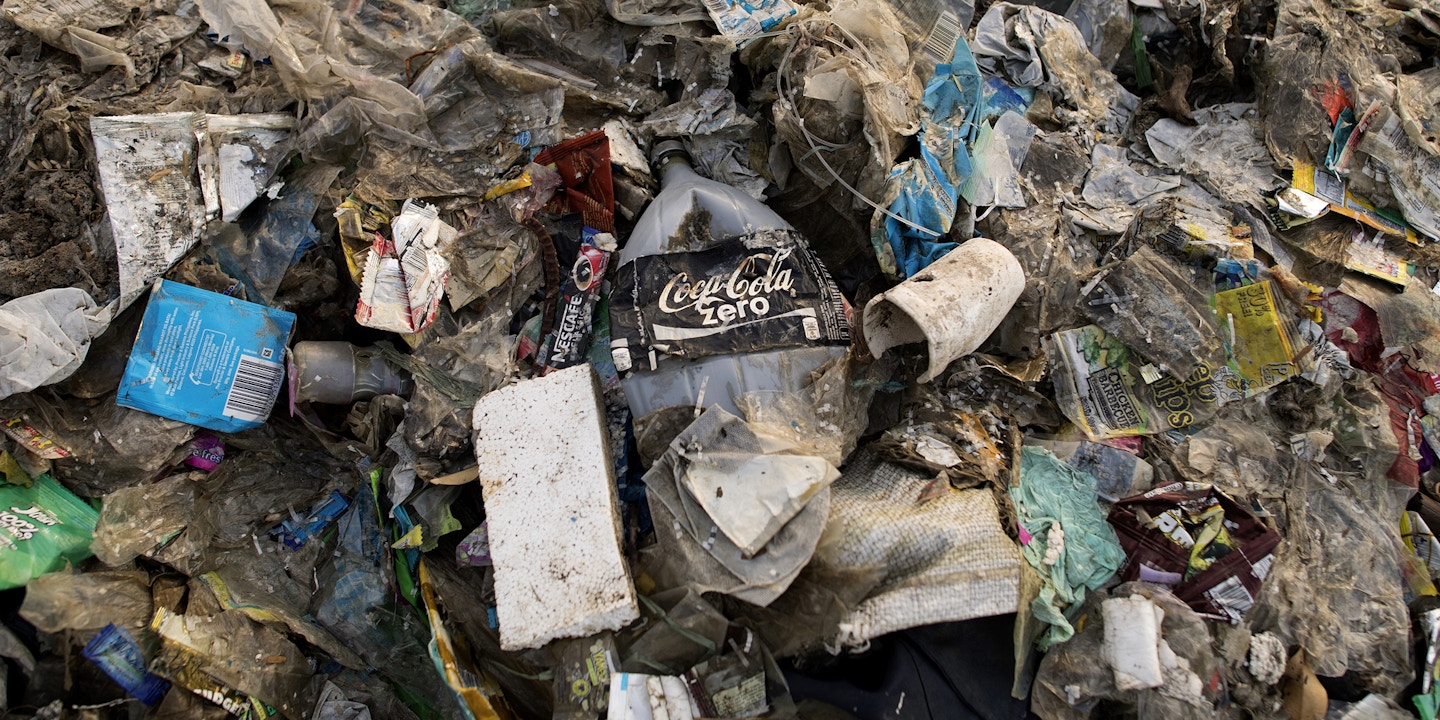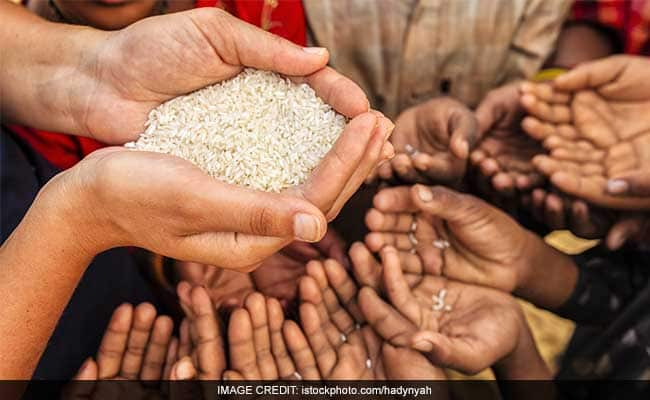The State Bank of India will auction non-performing assets (NPAs) worth ₹700 crores this month to recover its dues from those borrowers. The bank will hold a mega e-auction on 5 November and also plans to hold a total of three auctions in this month.
The bidders can bid for the properties online after they get themselves registered online on the website of https://www.bankeauctions.com/.
The bidder interested in bidding should keep the following important points while participating in the bidding process.
The bidder should get themselves registered on the portal https://www.bankeauctions.com.
The bidder is required to create a login ID and password on the portal by providing the basic information. Registration on the portal is free. Bidder has to create the login account for participating online into e-Auction.
After filling up all the required details carefully, bidder has to click on Submit button in order to complete the registration process. Bidder can use his/her email ID as a login ID and the password which he/she has created at the time of registration for login purpose on the portal https://www.bankeauctions.com
Bidders can search / view the live auction events and can download the related documents without login on the portal. Bidders can search for the events using the reserve price, description of the event or with the name of the bank.articipate in the event, bidder is required to click on Participate Button available at the bottom of the page.
Participation Stage
Fill in the user ID (registered email) and Password to login on the portal. In case the bidder has forgot his / her password, the same can be retrieved by clicking on the link “Forgot Password"
After the acceptance of Terms and Conditions, bidder have to click on Participate button. Once the bidder click on Participate button, application will navigate the user to the participation stage (Uploading of KYC Documents, EMD Details and FRQ (First Rate Quote – Quote Price) etc.)
Bidders are required to upload the KYC / Annexures and proof of EMD by clicking on the link “Pay / Update " And “Upload Doc". After uploading all the required details bidder has to submit the Quote Price. Quote Price can be equal or greater than the reserved value of the property/asset. After filling up the quote price, click on Submit and then Final Submit in order to submit the final bids online.
The bidders cannot be able to make changes in the uploaded documents or the quote price after the final submission. If the bidders fails to click on Final Submit button within the stipulated date and time; not be able to participate in the auction.
Digital Signature Setting – In case of DSC enabled event.
Upload KYC Documents online for the respective event.
Participation in the auction on the auction day.
Ludhiana-based Regency Aqua Electro & Hotel Resorts Pvt. Ltd. and Kolkata-based Lovely International Pvt. Ltd. will be auctioned on November 18 while on November 29, the e-auction will take place of Sankalp Engineering & Pvt. Ltd. and Anjanay Rice Mill Pvt. Ltd. among others.
On November 7, e-auction of Bhopal-based Bhatia Global Trading Limited (BGTL) which has a due of ₹177 crore . It will be among several other assets is scheduled to be auctioned that day.
As per Bank's revised Policy on Sale of Financial Assets, SBI places accounts for sale to ARCs/ Banks/ NBFCs/ FIs, on the terms and conditions indicated there against.
All these accounts are to be auctioned under "Swiss Challenge Method", based on an existing offer in hand, who will have the right to match the highest bid.
In the latest Q2 results, SBI's fresh slippages halved to ₹8,800 crore from ₹16,000 crore on a quarterly basis.
The asset quality of the bank improved with gross non-performing asset (NPA) ratio coming in at 7.19%, down 276 bps yearly and 34 bps sequentially. Net NPA ratio was at 2.79%, down 205 bps YoY and 28 bps QoQ. The bank was holding total provisions of ₹22,399 crore, which was 89.63% of total outstanding, as of September 30.

 Lebanon's government stepped down on Monday night, less than a week after a massive explosion in Beirut killed more than 170 people and wounded more than 6000, sparking days of violent protests.
Lebanon's government stepped down on Monday night, less than a week after a massive explosion in Beirut killed more than 170 people and wounded more than 6000, sparking days of violent protests.













